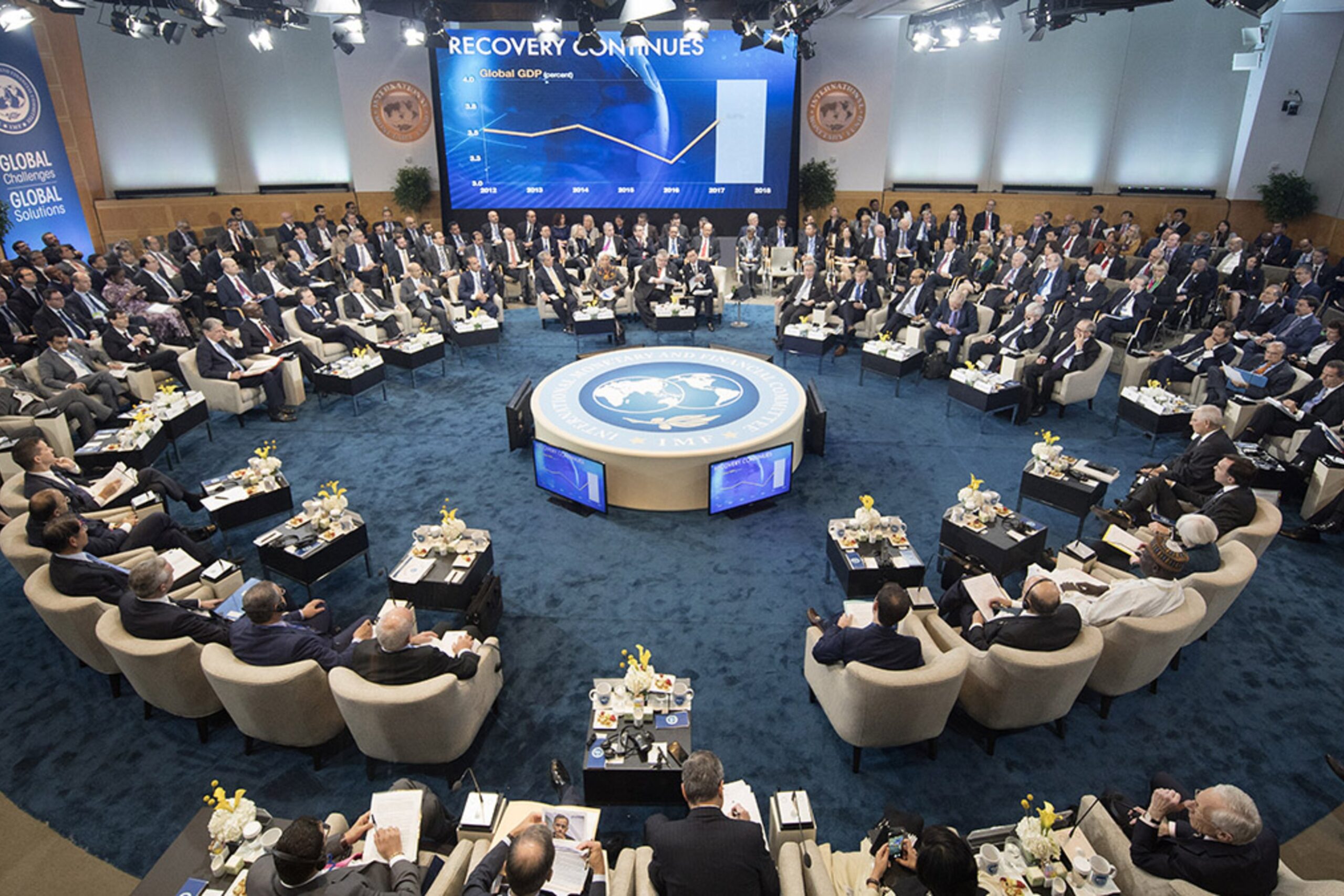Energy experts hail new efficiency policy
Energy experts have hailed the newly launched National Energy Efficiency Policy as a strategic game-changer that will not only promote energy conservation, but also boost industrial competitiveness and support the country’s transition to a green economy.
Vice President, Constantino Chiwenga, last week on Wednesday officially launched the National Energy Efficiency Policy, during the 6th International Renewable Energy Conference in Victoria Falls.
The policy is anchored on a broad framework that includes green loans, grants, carbon financing and private sector incentives, whilst promoting Energy Service Companies (Escos) to lead the charge in implementing energy-saving solutions.
Energy Efficiency (EE) is increasingly viewed as a crucial lever in balancing power supply and demand, amid pressure from ageing infrastructure, recurrent blackouts and rising consumption due to urbanisation and industrial growth.
According to the policy document, EE is a cost-effective route to cutting operational costs, reducing fossil fuel reliance and accelerating economic transformation.
“The policy creates an enabling environment and assists in the mobilisation of funding through both conventional and non-traditional approaches for specific activities for EE,” it reads.
As part of the financing blueprint, the Government will prioritise Accredited Entities for concessional funding and explore multiple instruments to overcome financial barriers.
“To help address some of the financial barriers to improving EE, the Government shall provide for the promotion of direct assistance, such as grants, available from national and international finance or development partners. The Government may extend subsidies where initiatives are far-reaching in the national development agenda,” the document says.
It further proposes the use of a carbon tax, pending consultations with the Ministry of Finance, Economic Development and Investment Promotion to fund energy-saving programmes.
“The Government shall consider financing energy efficiency activities and programmes through carbon tax, upon consultation with the Ministry responsible for Finance,” the policy notes.
Additionally, it emphasises the roll-out of green loans through soft credit lines backed by climate financing mechanisms such as the Green Energy Fund and the Adaptation Fund.
“This Policy shall promote and support work on ‘Green Loans’. This provision shall include establishing dedicated credit lines, such as soft loans, to be offered by finance institutions,” the document adds.
Speaking to Zimpapers Business Hub, energy consultant Mr Gladmore Masiwanhedza, said the policy could unlock new investment streams and expand financing options by leveraging capital markets through Green Bonds — debt instruments earmarked for sustainable projects.
“In addition, the policy promotes the use of Energy Service Companies (Escos), which design, finance and implement EE projects, with costs recovered through the energy savings achieved. This model shifts performance risk from the client to the service provider.”
“It is encouraging that the Government is also considering introducing tax incentives, import duty exemptions and rebates to support the adoption of certified energy-efficient technologies.”
Mr Masiwanhedza added that the policy is set to reinforce Zimbabwe’s National Development Strategy 1 (NDS1) and fulfil obligations under global climate agreements.
Another energy expert, Mrs Lerato Ncube, said the policy is timely as businesses struggle with high energy costs, unreliable electricity and stiff competition from regional peers.
“If implemented effectively, this policy could be a game-changer in reducing the cost of doing business, enhancing productivity and improving the profitability of local enterprises.”
“Energy costs are a major expense for industries, particularly in manufacturing, mining and agriculture. Frequent power cuts force businesses to rely on expensive diesel generators, eroding profit margins and making Zimbabwean goods less competitive,” she said.
She welcomed the focus on demand-side management, energy-efficient technologies and tax incentives for green investments.
“By reducing reliance on the strained national grid and cutting electricity bills, businesses can redirect savings toward expansion, innovation and job creation,” she noted. -chorcle










